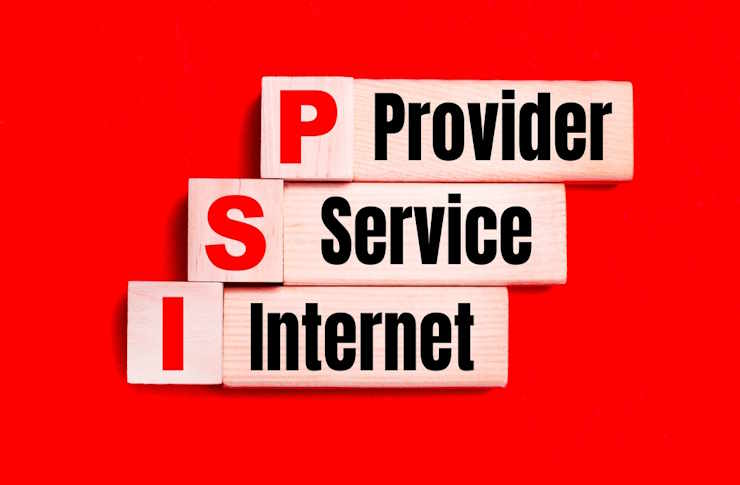The Ultimate Guide to Internet Providers
Explore the world of internet providers, from the different services they offer to a comparison of leading companies and advice on selecting the best option for your needs.

In today’s connected world, a dependable internet connection is vital. Whether for remote work, online learning, streaming entertainment, or staying active on social media, having reliable internet is crucial for most households. With many providers available, finding the right one can be overwhelming. This guide will walk you through the various internet service providers (ISPs), the types of connections available, and key factors to consider when choosing the perfect plan for your home.
Navigating Your Options: A Comprehensive Guide to Internet Providers
Choosing an internet provider can be a daunting task, given the multitude of options available out there. This guide aims to simplify your decision-making process.
Understanding the Landscape of Internet Providers
Internet providers, also known as Internet Service Providers (ISPs), are the companies that provide you with access to the internet. They can offer various types of connections, ranging from dial-up (the slowest and least commonly used) to DSL, cable, satellite, and fiber-optic (the fastest). Each connection type comes with its own set of pros and cons concerning speed, reliability, cost, and availability.
Breaking Down the Costs of Internet Providers
When considering the costs of different internet providers, it’s crucial to look beyond the monthly service fee. Initial setup costs, equipment rental fees, and potential overage charges can all add up. Additionally, some providers offer promotional pricing for the first few months, which can significantly increase after the promotional period ends.
Choosing the Right Internet Provider for You
Selecting the right internet provider involves more than just finding the cheapest option. Consider factors like the speed you need for your online activities, the reliability of the service, customer support, and contract terms. It’s also helpful to read reviews from current customers to get a sense of their satisfaction level.
Handy Tips and Facts about Internet Providers
- The speed you need depends on your online activities. For basic browsing and emailing, a speed of 1-5 Mbps may suffice. For gaming or streaming, consider a plan with at least 25-100 Mbps.
- Not all types of connections are available in all areas. Rural areas, for instance, may have limited options.
- Some providers may require a contract, typically lasting one to two years. Be sure to read the fine print for any potential early termination fees.
A Glimpse at Some Internet Providers and Their Costs
- AT&T: Offering DSL, fiber-optic, and fixed wireless connections, AT&T’s pricing starts at around $35 per month.
- Verizon: Known for its high-speed fiber-optic service (Fios), Verizon’s plans start at about $40 per month.
- Comcast Xfinity: This cable internet provider offers plans starting at approximately $30 per month.
- Spectrum: Another cable internet provider, Spectrum’s pricing begins at around $45 per month.
- CenturyLink: Providing DSL and fiber-optic services, CenturyLink’s plans start at about $50 per month.
Please note that all prices mentioned are estimations and for accurate information, we recommend conducting your own research and visiting the providers’ websites directly.
Wrapping Up
In conclusion, choosing an internet provider involves careful consideration of your specific needs and circumstances. By understanding the landscape, breaking down the costs, and comparing your options, you can find a provider that best meets your needs. Remember, the cheapest option isn’t always the best—consider factors like speed, reliability, and customer service when making your decision.




